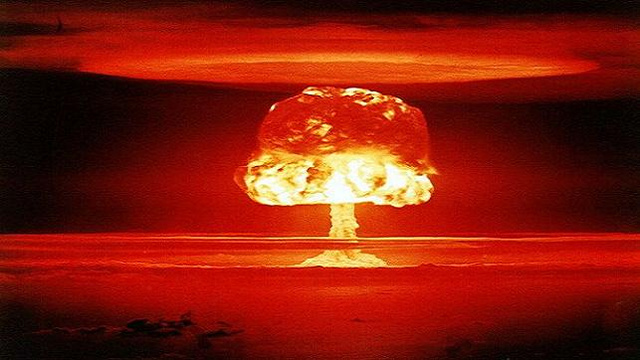Mathematician Suggests How to Survive the First 30 Minutes of Nuclear War
2014.01.18

We have gone more than half a century without a nuclear bomb going off on anywhere, and hopefully this will stay the same for a very long time to come.
But if one does go off, do you know where and when to take shelter? No one does. But Michael B. Dillon, a British mathematician has a couple of ideas. A study published in the Proceedings of the Royal Society A. suggests the guidelines for when survivors of a nuclear blast should seek shelter against an impending fallout.
"Current guidance and prior studies are not consistent as to the timing and conditions under which poorly sheltered individuals should leave their shelters to evacuate or obtain better shelter," he explains. "Rapidly providing adequate shelter to affected populations could save 10,000–100,000 individuals from a fatal exposure to fallout radiation."
The takeaway is this: if you're trapped in a building that doesn't have shelter against radiation, and you know of a place that does nearby, you should wait in your current location for 30 minuets and no longer. That's when things get more dangerous for you. If you're closer than five minutes to better shelter, you should go right away.
We doubt anyone has this sort of contingency plan for if this sort of thing happens. What would you do? Read more from Dillon's study here: [Proceedings of The Royal Society A via Wired UK ]
More Articles
Copyright © Fooyoh.com All rights reserved.